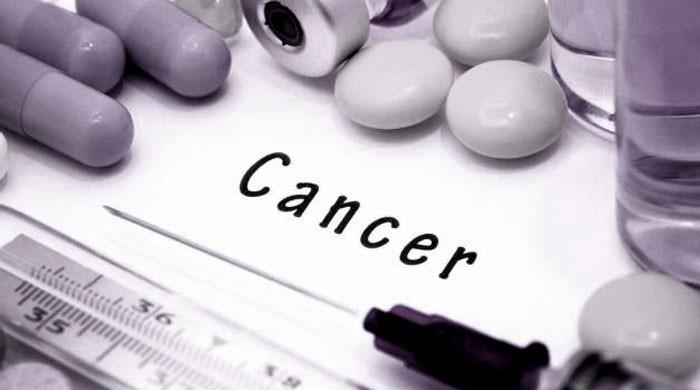Cancer drugs may remain approved despite lack of benefit
"Don’t assume the newest most expensive drug is the best one"
December 02, 2016

In the United States, cancer drugs are sometimes approved through sped-up processes - and they often stay approved even if later studies show them to be inferior to other options or even worse than doing nothing, a new study found.
Researchers evaluated studies done on 18 cancer drugs approved between 2008 and 2012 by the US Food and Drug Administration (FDA). None of the drugs had been found to prolong life, and only one had enough evidence to say it improved quality of life. Yet, all but one retained its approval status. "We were shocked to find that these drugs don’t save lives and don’t improve the quality of lives," said lead author Diana Zuckerman, who is president of the National Centre for Health Research and the Cancer Prevention and Treatment Fund in Washington, D.C.
To ensure a cancer treatment's safety and quickly get it to market, the FDA sometimes approves a drug if it meets "surrogate" research goals instead of the gold-standard endpoints the agency usually looks for. Surrogate endpoints - like tumour shrinkage and time until the disease progresses - don't take as many years to document as those used in the traditional approval process, so the drug can get on the market sooner.
"We don't really know if people live longer or improve based on those outcomes," said Dr. Vinay Prasad, of the Oregon Health and Sciences University in Portland. In a 2015 study, Prasad and colleagues found that 36 cancer drugs were approved by the FDA between 2008 and 2012 based on those early endpoints.
Of those 36 approved drugs, 18 did not help patients live longer, later studies showed.
For the new study, Zuckerman and her colleague Tracy Rupp analyzed additional data on those 18 drugs to estimate their costs and to see if they at least improved patients' quality of life.
The price of the drugs ranged from about $20,000 to nearly $170,000, the researchers estimated in a report in JAMA Internal Medicine.
They analyzed 31 clinical trials, but could not find publicly available evidence evaluating five of the drugs.
Of the remaining 13 drugs, the researchers found evidence that one improved the quality of life, compared to other treatments. Six of the drugs produced results no different than other drugs, placebos or no intervention. Two drugs resulted in a worse quality of life compared to nothing or placebo. Four drugs produced mixed results compared to other drugs or placebos.
But while the drugs could not be shown to help patients live longer or lead higher quality lives, only bevacizumab, known commercially as Genentech's Avastin, lost its approval for treating breast cancer, according to the authors. It remains available for other uses, however.
Zuckerman noted that a drug can be approved for more than one use. In some cases, a drug may be more effective for one health condition than another.
"I think their results are very sobering," Prasad told Reuters Health.
He said the results show the US isn't doing a good job on post-market analysis, but more investigation is needed to know who is responsible for the shortcoming.
"In following the principle of 'first, do no harm,' the FDA should promptly withdraw approval for cancer drugs that are proven to have no clinical benefit," JAMA Internal Medicine editors-Drs. Scott Bauer and Rita Redberg write in a note accompanying the new study.
In a statement to Reuters Health, the FDA said people with resistant cancers have few or no therapeutic options, and the agency takes that into account when examining the risks and benefits of these drugs.
"It has been widely accepted that benefit can be demonstrated by a number of endpoints, not just overall survival," according to the statement.
"When a drug is approved under the accelerated approval pathway, sponsors have been required to study the drug further, to verify and characterize its clinical benefit," read the statement. The agency added that it does not set drug prices.
Zuckerman told Reuters Health that doctors are increasingly passing the message to their patients that treatments aren't necessarily better just because they're new.
"Don’t assume the newest most-expensive drug is the best one," she said.









